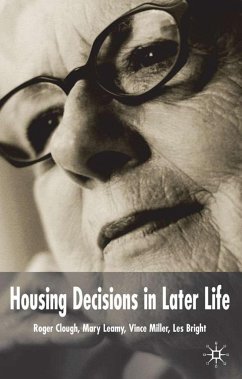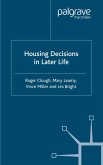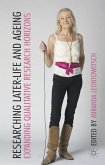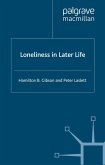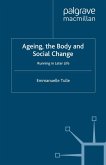This book examines the processes by which older people make housing decisions and the impact such decisions have on the construction of their lives. Evidence is included from a major three-year research study, where older people told stories of their lives. The authors argue that housing decisions are not necessarily the result of rational, analytical and objective thinking. The contribution of other ways of decision-making is often hidden, as when people think intuitively, act impulsively, or for essentially emotional reasons.
'This book will clearly be important to housing providers and policy makers, as well as those interested in the intricacies of participatory research. There is a wider audience too as most of us will be facing these stark choices ourselves sooner or later, so we might want to exert a bit of influence now!' - Terry Allen, Social Policy

